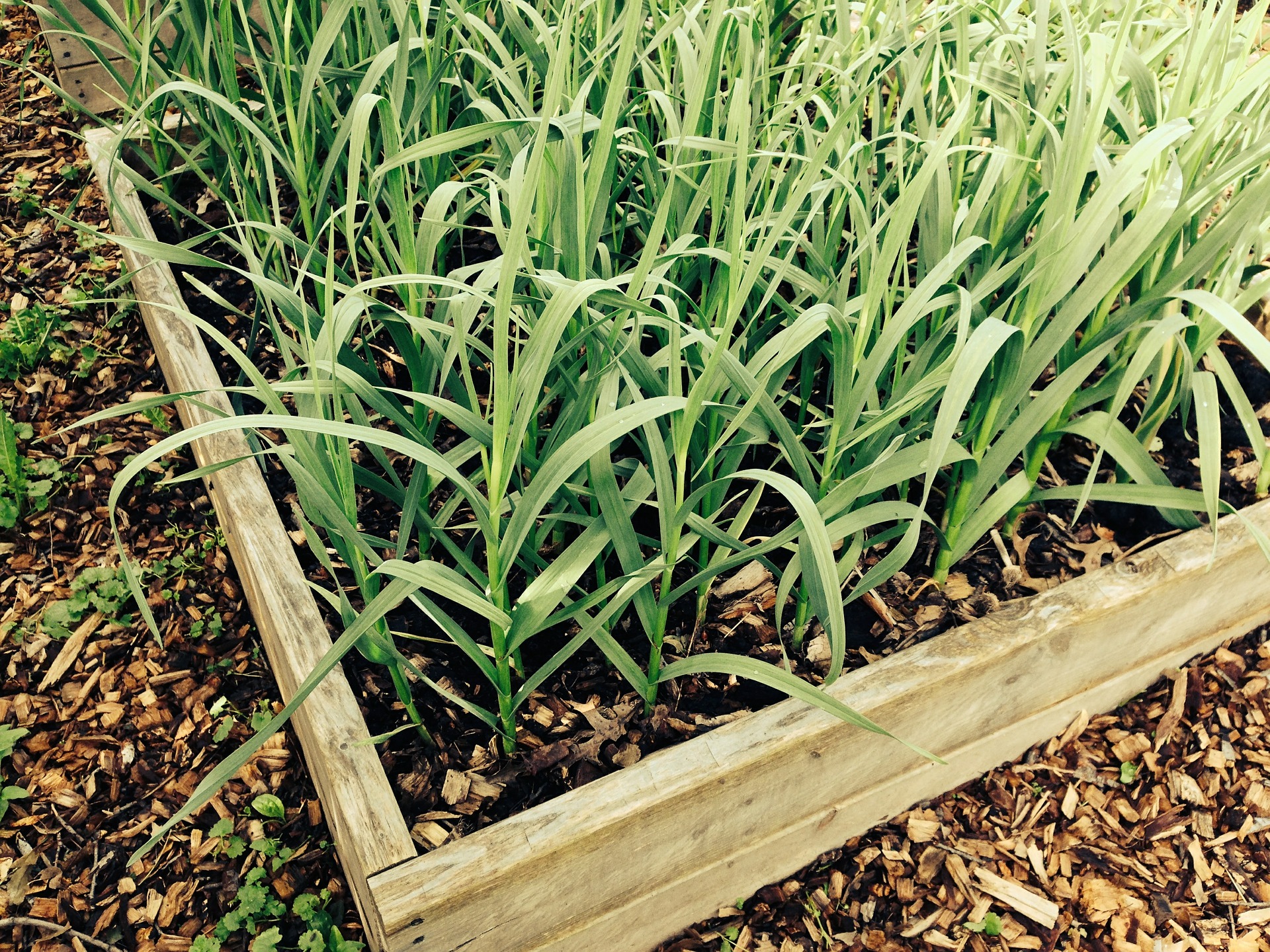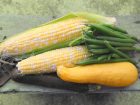“One of the most important resources that a garden makes available for use, is the gardener’s own body. A garden gives the body the dignity of working in its own support. It is a way of rejoining the human race.”
― –Wendell Berry
I planted a small garden last week. It’s not much – basically the beginnings of some salad fixings. But it gives me a chance to put my hands in the dirt, which I need on some days. I’ve been tending tiny green plots on my city terrace ever since I read Michael Pollan’s well-circulated Why Bother article, in which he made a persuasive case for the power of planting something – even if it’s only enough to fill a couple of long window boxes, like my garden.
He wrote the article in 2008, only a couple of years after Al Gore released An Inconvenient Truthwhen we still thought all it would take to slow climate change was to let the powers that be know the dire situation we were in. Four years later there is still no single legislative victory we can point to that will arrest climate change in spite of more evidence that it’s happening even faster than feared.
Yet Pollan’s optimistic take still seems timely. He writes about how tempting it is to believe that nothing we do as individuals – ride bikes instead of cars, swear off meat, eat local – can add up to anything more than a sense of personal virtue. He cites the prevailing view, which is that “laws and money” is the only way to slow something as serious as climate change. And then explains what he likes about the act of planting a garden and why it’s so powerful.
Sowing seeds, harvesting vegetables, feeding the atmosphere with the goodness of more green things helps us live in a way more in keeping with the earth’s cycles. More to the point, he writes, “climate change is at its very bottom a crisis of lifestyle–of character, even.” He argues that we’ve become specialized, outsourcing the care of our kids, cars, homes, the food we eat, and more, and a result is that we’ve become less accountable to the world around us. Growing our own food reconnects us to the idea that part of our job as human beings is to be responsible stewards of the earth.
The abundance of one small garden
Yesterday I had a chance to visit a friend, Anne O’Grady (pictured, with Yoda), and see her splendid garden (top). In a small 8 x12 plot of land in front of her San Francisco house she grows enough food to feed her family of four year round. In the summer the family, all but one a vegetarian, lives almost entirely off her garden. She started her little farm when her two children, now teenagers, were very young because she wanted to show them how to grow food. But as they grew older she grew to love the rhythm of planting and harvesting food, the control she has over her food supply, and the way it tastes, and so she stuck with it. “It makes me very happy,” she says.
The garden flourished, and so did her interest in health and the environment. She committed to cooking healthy meals, shares her knowledge of canning tomatoes, storing applesauce, and preserving wild plums with anyone who asks, started volunteering at San Francisco’s Botanical Gardens, and noticed how much good food is thrown away every day and is now trying to figure out how to change that. Her garden has also inspired three of her neighbors to start their own, with Anne’s help.
What Anne O’Grady serves her family couldn’t be more different from what passes as food on most American tables. In one of the many pithy comments that has helped earn so many fans for Wendell Berry, the Kentucky farmer and New York Times writer Mark Bittman recently called “the soul of the real food movement,” he describes what is far more typical.
“The passive American consumer, sitting down to a meal of pre-prepared food, confronts inert, anonymous substances that have been processed, dyed, breaded, sauced, gravied, ground, pulped, strained, blended, prettified, and sanitized beyond resemblance to any part of any creature that ever lived. The products of nature and agriculture have been made, to all appearances, the products of industry. Both eater and eaten are thus in exile from biological reality.”
Making the first move
Four years after Pollan called on us to start a garden most food production and distribution is still concentrated in the hands of a few very big companies, monocultural dominance rules in the croplands, and animals continue to be churned through production like so many widgets. But 7,000 farmers markets have bloomed in recent years, CSAs are now commonplace, a growing number of people fiercely oppose factory farming, more than a million people recently signed a petition demanding that GMO foods be labeled, and an entire generation of students is learning about sustainable agriculture on college campuses across the country, among many other promising developments.
Of course there’s a lot more work to do before we’ll see real change. “Laws and money” make things happen. But as Michael Pollan pointed out, change never begins that way: “For us to wait for legislation or technology to solve the problem of how we’re living our lives suggests we’re not really serious about changing–something our politicians cannot fail to notice. They will not move until we do.” And so move we must.
It starts with visionaries like Wendell Berry, who once declared,“What I stand for is what I stand on.” And it continues with people like Anne O’Grady. Just before I left to go home she offered to help me grow my garden into something more substantial. Yes! Let’s do it.
-Clare Ellis, Media Chief, Good Food Media Group
Similar Stories:
- Federally Funded Grants for US Farmers
- The Shelf Life of Seeds
- Innovative Ways to Raise Cash
- ADAPTING YOUR POND TO CLIMATE CHANGE
- Five Myths About Food Safety and Home Gardens




